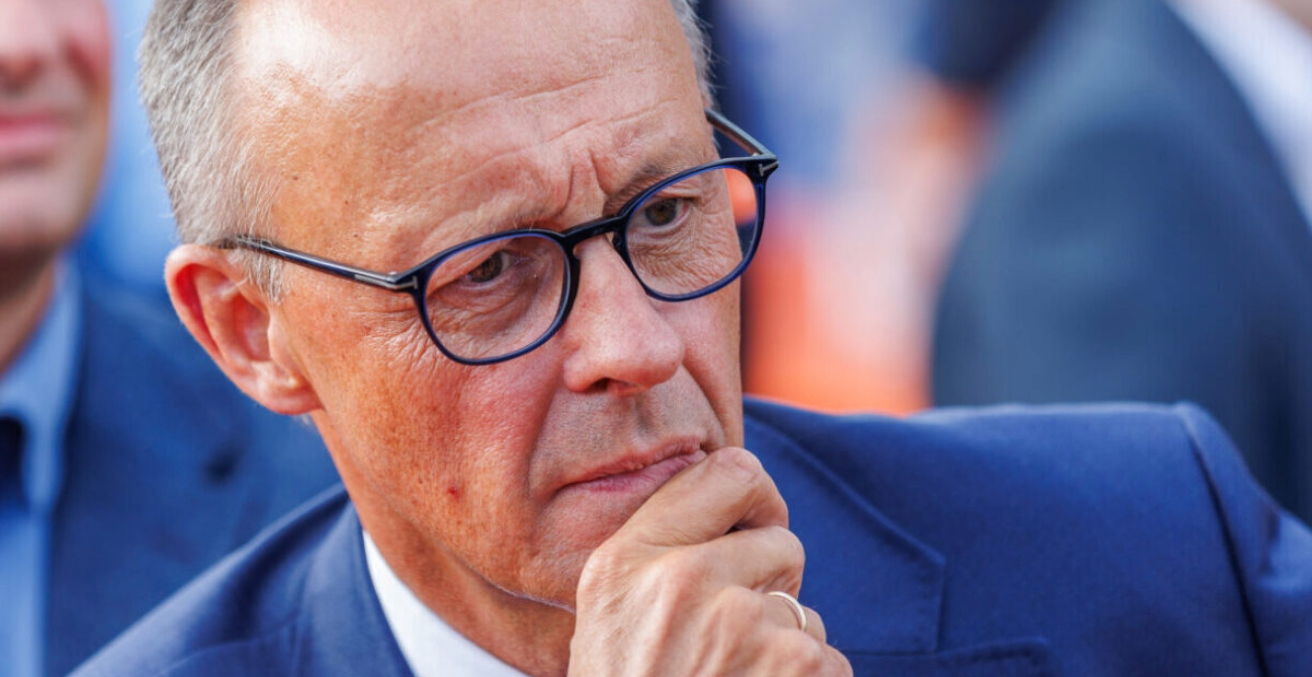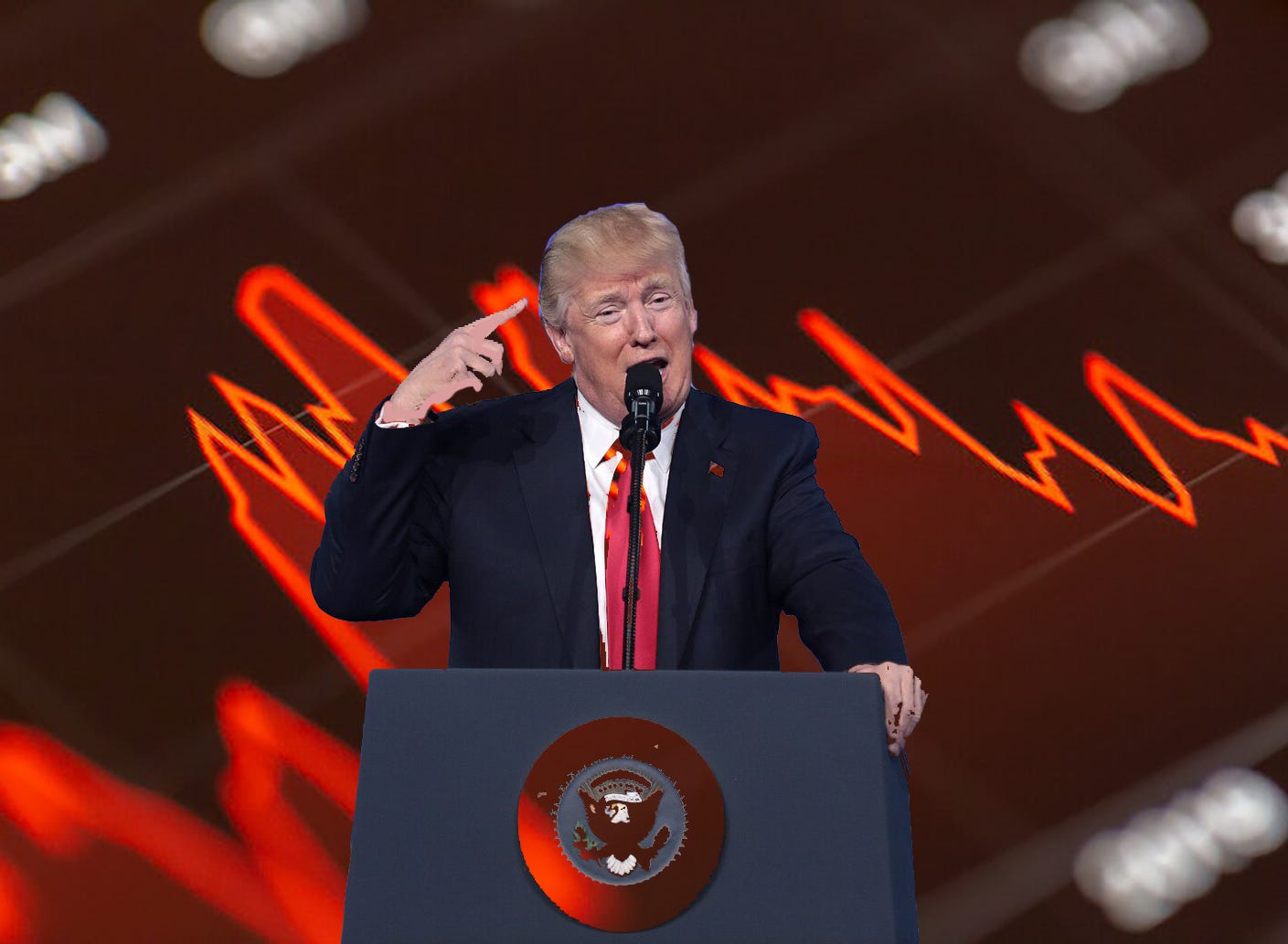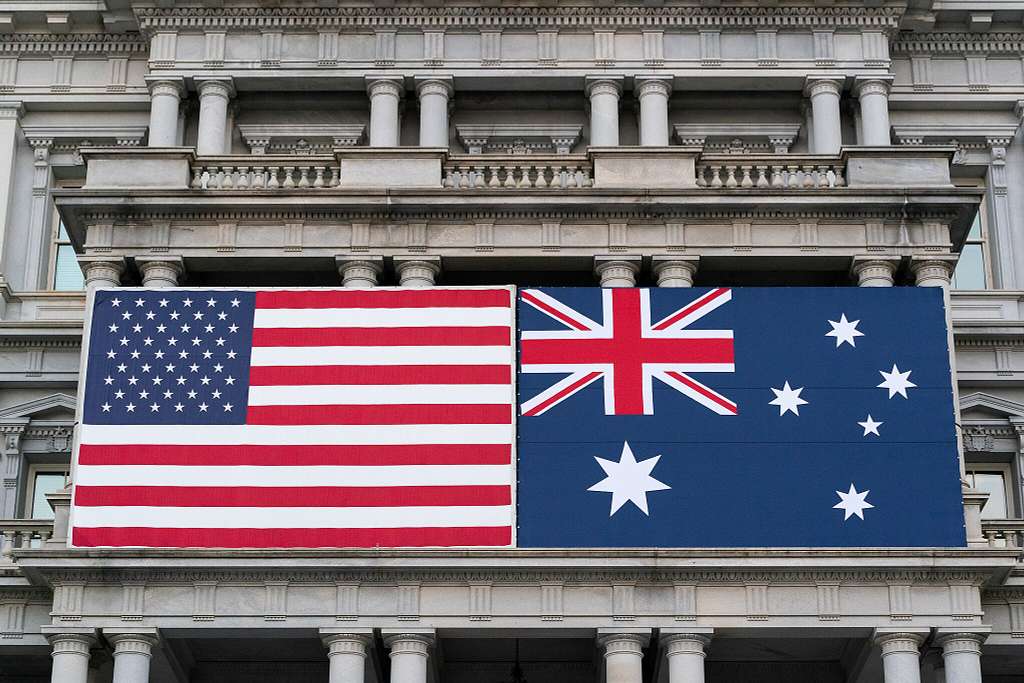When Friedrich Merz’s party won the German federal election in February, the new chancellor vowed to strengthen Europe’s defence and economy as much as possible to achieve independence from the US. However, his recent talks at the White House suggests Germany may be more cooperative with the Trump administration than initially considered.
Merz’s quiet demeanor, compared to the verbose Donald Trump inside the Oval Office was a calculated move, particularly given the public dressing-downs which Volodymyr Zelensky and Cyril Ramaphosa received there. However, the chancellor’s decision to hold his tongue and keep any hardline approach towards Washington to himself was in tune with the interests of the influential lobby groups who shape German foreign policy.
Within Germany’s political system, these non-state actors are active players in the democratic decision-making process. Given their wide-reaching influence, it appears that Germany’s two main interest groups–business associations and think tanks–tempered Merz’s behaviour before he visited the Oval Office.
The business associations
Business associations have strong ties to key players in the German bureaucracy, putting them in a good position to shape policy on the US. For instance, Germany’s largest carmakers use associations to voice their concerns and aspirations, in this case regarding the implications of Trump’s 25 percent tariffs on all new vehicles imported into the US.
Amid the prospect of falling American demand and declining sales, powerful voices in the automobile industry might have pressured Merz to avoid an overtly confrontational attitude in Washington. In April, Hildegard Müller, the head of the German Association of the Automotive Industry (VDA) emphasised that countermeasures would lead to a “spiral of protectionism” and ultimately inflation. More recently, Porsche–despite its lack of production presence in the US– announced that it had no plans to establish factories outside of Germany amid critical tariff negotiations. However, the CEO of Volkswagen, Oliver Blume, has held talks with his American counterpart regarding the possibility of further investment in the US. Both the business interests of Porsche and Volkswagen require further trans-Atlantic dialogue, something which would be more likely to occur through an acknowledgement of Germany’s ongoing partnership with the US. Given Müller’s connections to Merz’s CDU party and other leading decision makers, it is likely that business associations such as the VDA swayed German policy towards the US.
Müller’s advocacy against a trade war with the Trump administration also found agreement outside of the automobile industry, where representatives from the Federation of German Industries (BDI) as well as those of the machinery and plant-engineering industries have voiced their concerns regarding the tariffs. Like Müller, BDI’s head, Wolfgang Niedermark, hoped to avoid a trade war in the event that counter tariffs against the US were imposed by Europe. The fear of further financial losses facing large German corporations required Merz to use his visit to the Oval Office as a reassuring signal: Germany sought to cooperate with their trans-Atlantic partner rather than desire to seek independence.
Think tanks
While Merz showed his cooperative side in the White House, it is also possible that the intent for independence from the US remained. However, this stance would follow the advocacy of research institutions in Germany which generate policy-oriented analysis and recommendations on political, economic, or social-related issues. One of the biggest players is the Bertelsmann Stiftung, whose influence has seeped into various EU institutions through a network of friendly officials and politicians. Last week, its executive vice president, Cathryn Clüver Ashbrook, urged Merz to prove that he wants a truly collaborative relationship with Washington. At the same time, she wanted the chancellor to oppose an image of Germany that does not give back to both the international community or to the trans-Atlantic relationship. Yet, a firm stance against such accusations was hardly a position which the chancellor could display at the Oval Office. However, it seems that institutions such as the Bertelsmann Stiftung had the capacity to prepare Merz’s sensitivity to the more confrontational elements of a conversation with Trump.
Another think tank that shares this sentiment is the Konrad-Adenauer-Stiftung (KAS). According to a report released in March this year, KAS favoured structured cooperation, innovative trade agreements, targeted diversification, and greater autonomy to ensure that Germany would not emerge the loser of this iteration of Trump’s trade game. Once again, Merz’s overtly cooperative tone in the Oval Office does not preclude a desire among Germany and Europe to defend itself. Other institutions such as the German Council on Foreign Relations (DGAP) have advocated for the EU to restore economic leverage for itself by implementing a retaliation strategy against the US to facilitate a future de-escalatory agreement. A DGAP economist has even suggested recently that a global recession “must be made more costly to the US than to the EU member states.”
Whether this strategy is a promise to develop outright independence from the US as declared by Merz remains to be seen. What is much clearer is that Germany’s non-state interest groups have the capacity to sway the decisions of its policymakers. Any hasty move towards an “independence” from the US is no easy task. Despite all the chaos in Washington, the various lobby groups of allied nations–of which both Germany and Australia belong–have interests which necessitate an ongoing partnership with the US.
Nelson Chen holds a PhD in Classics and Ancient History from the University of Sydney. Although his research focussed on late Roman and early medieval Western Europe, Nelson has a broad range of interests ranging from modern German history and politics, the EU’s relations with Australia and the Indo-Pacific, and political cooperation at international, regional, and local levels.
This article is published under a Creative Commons License and may be republished with attribution.





